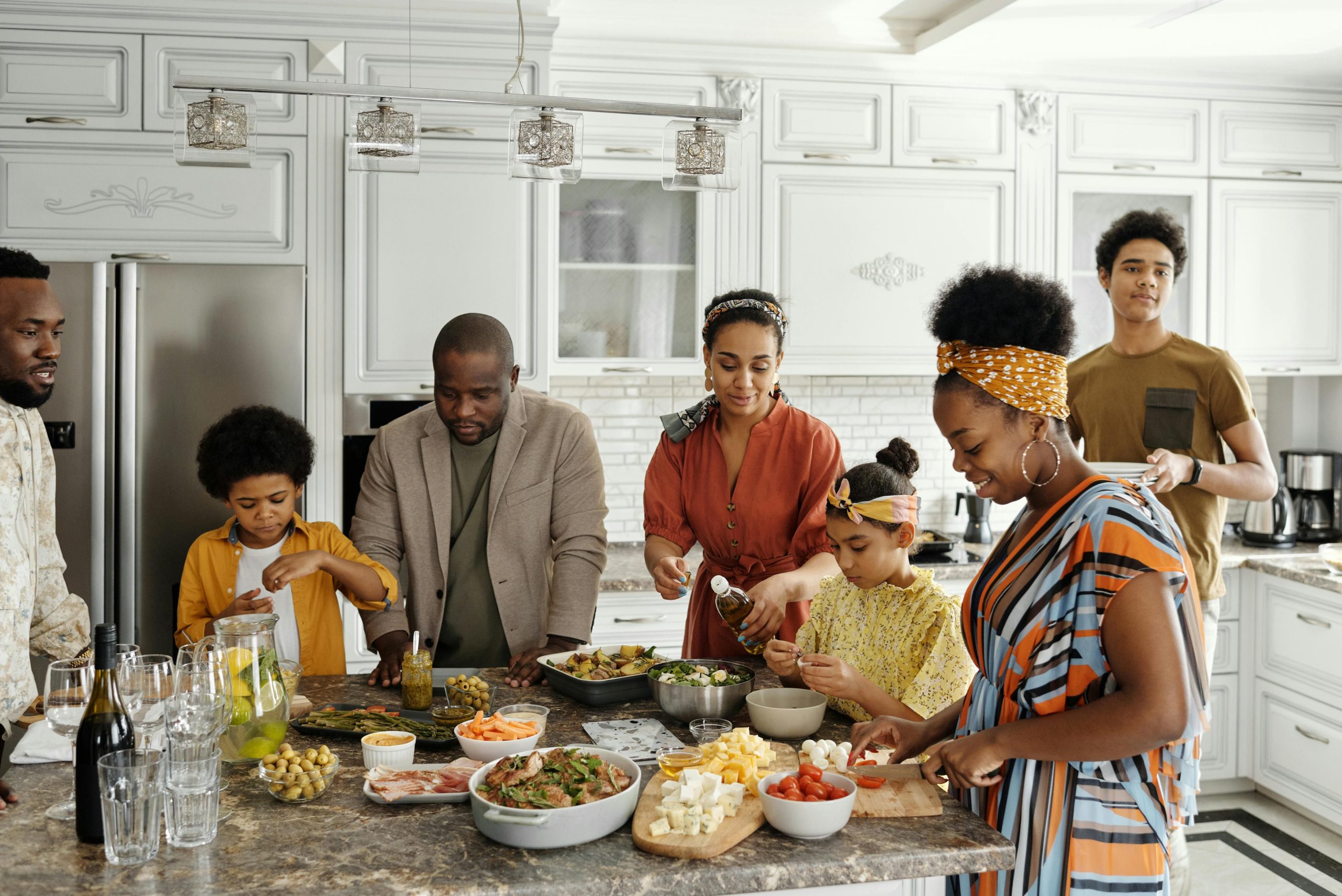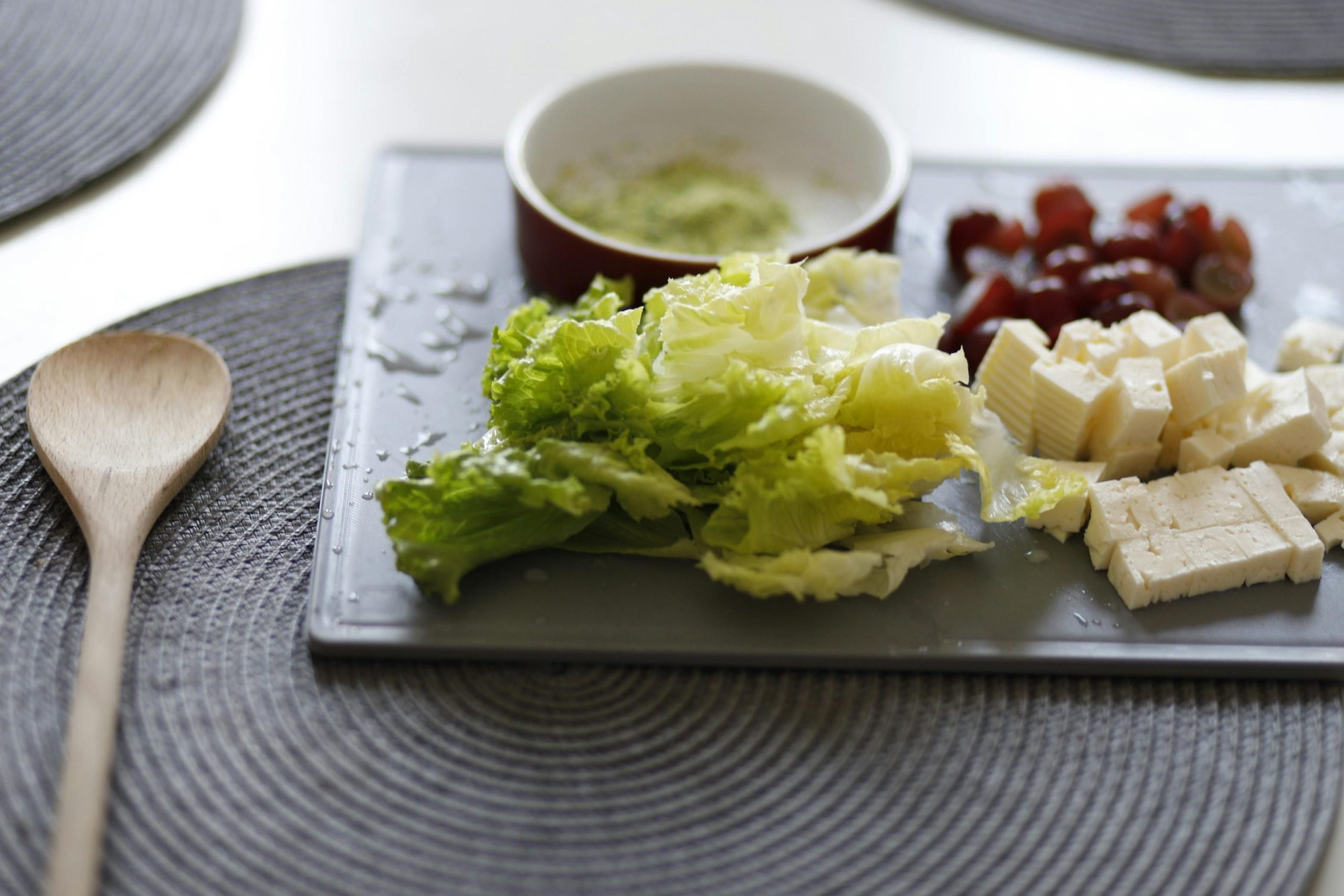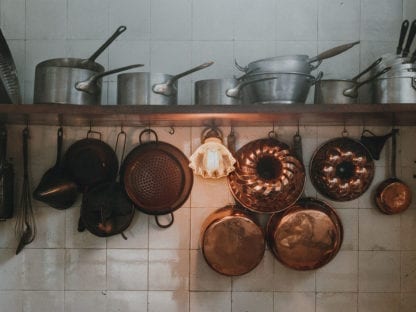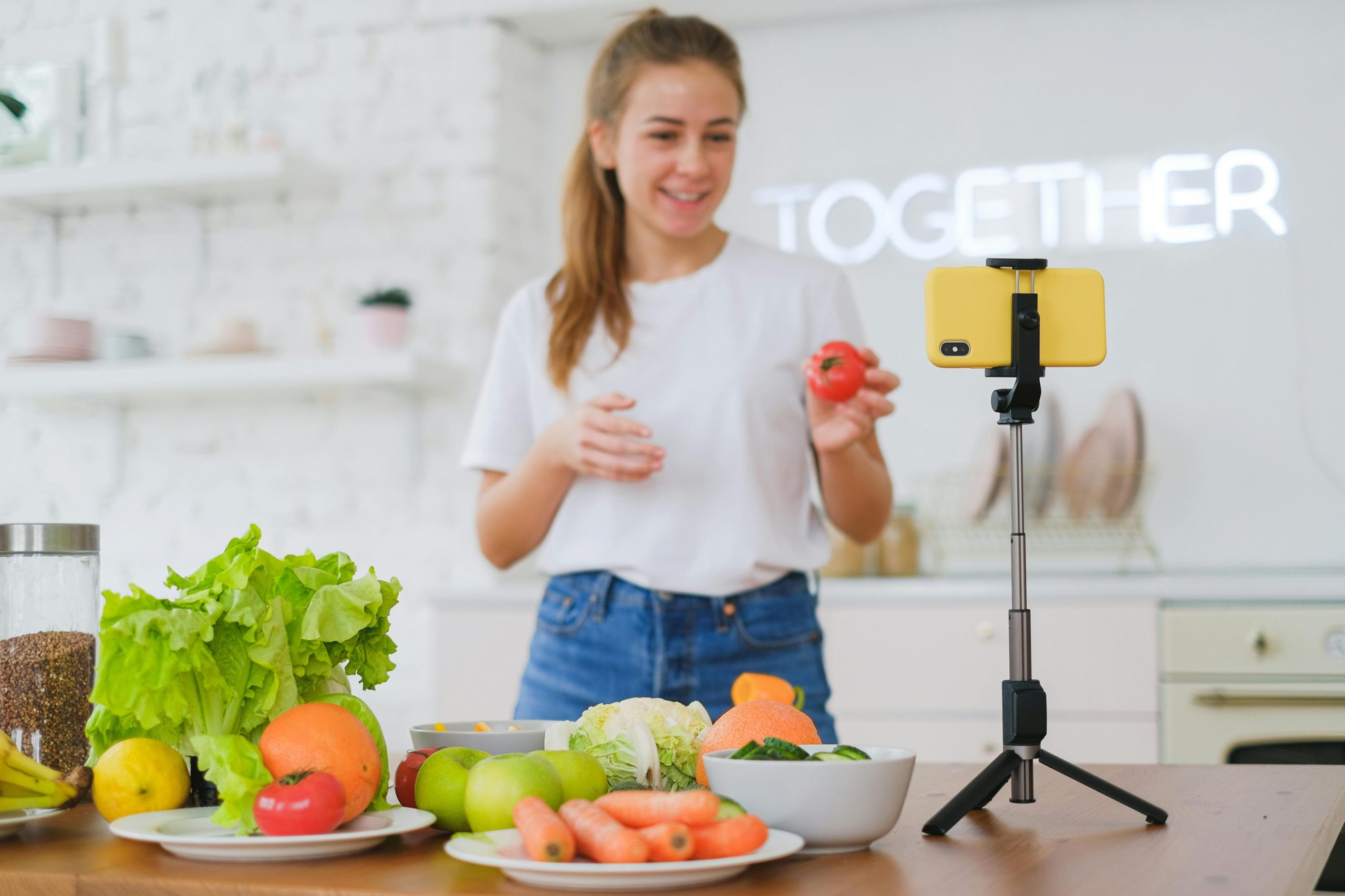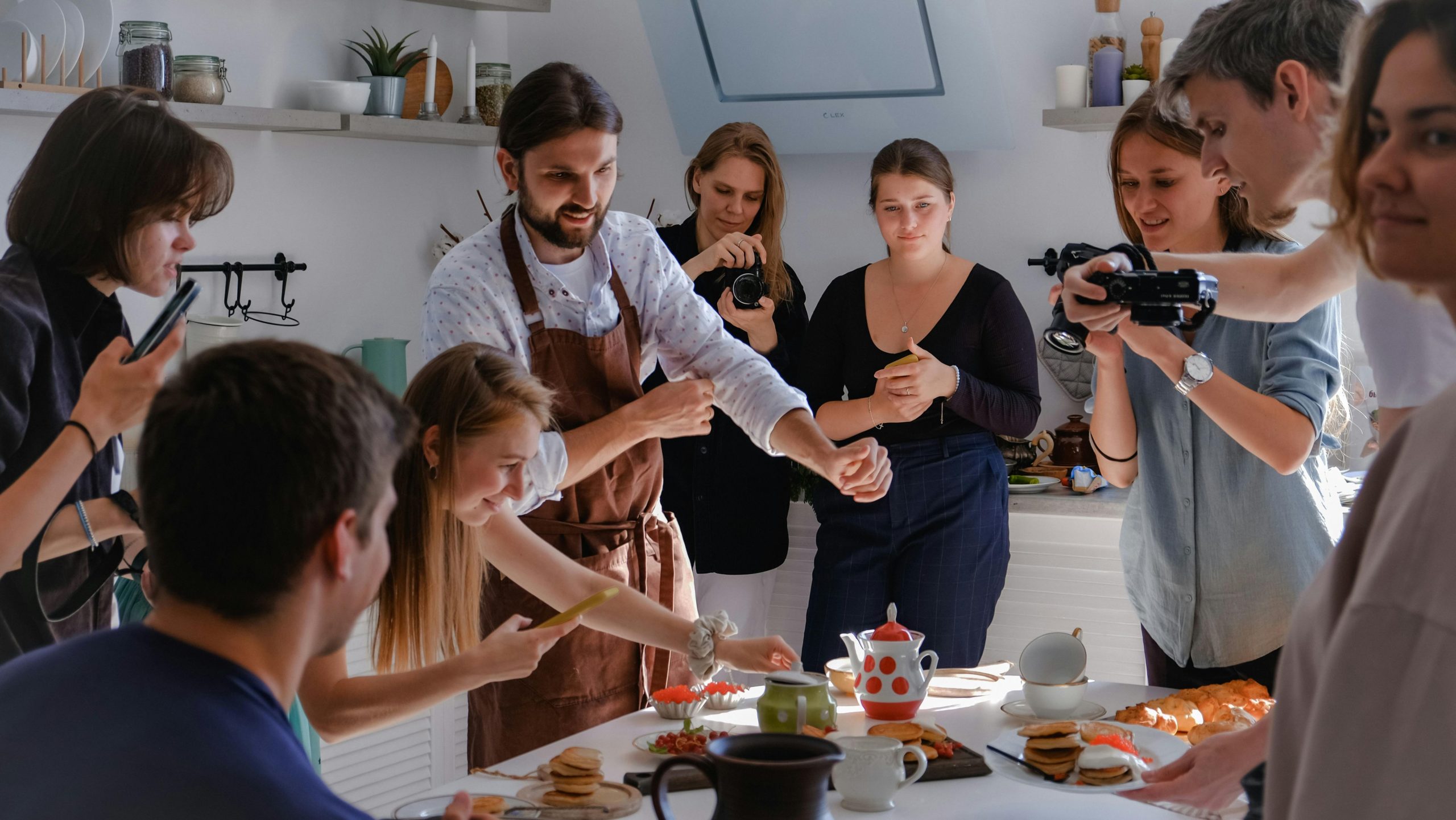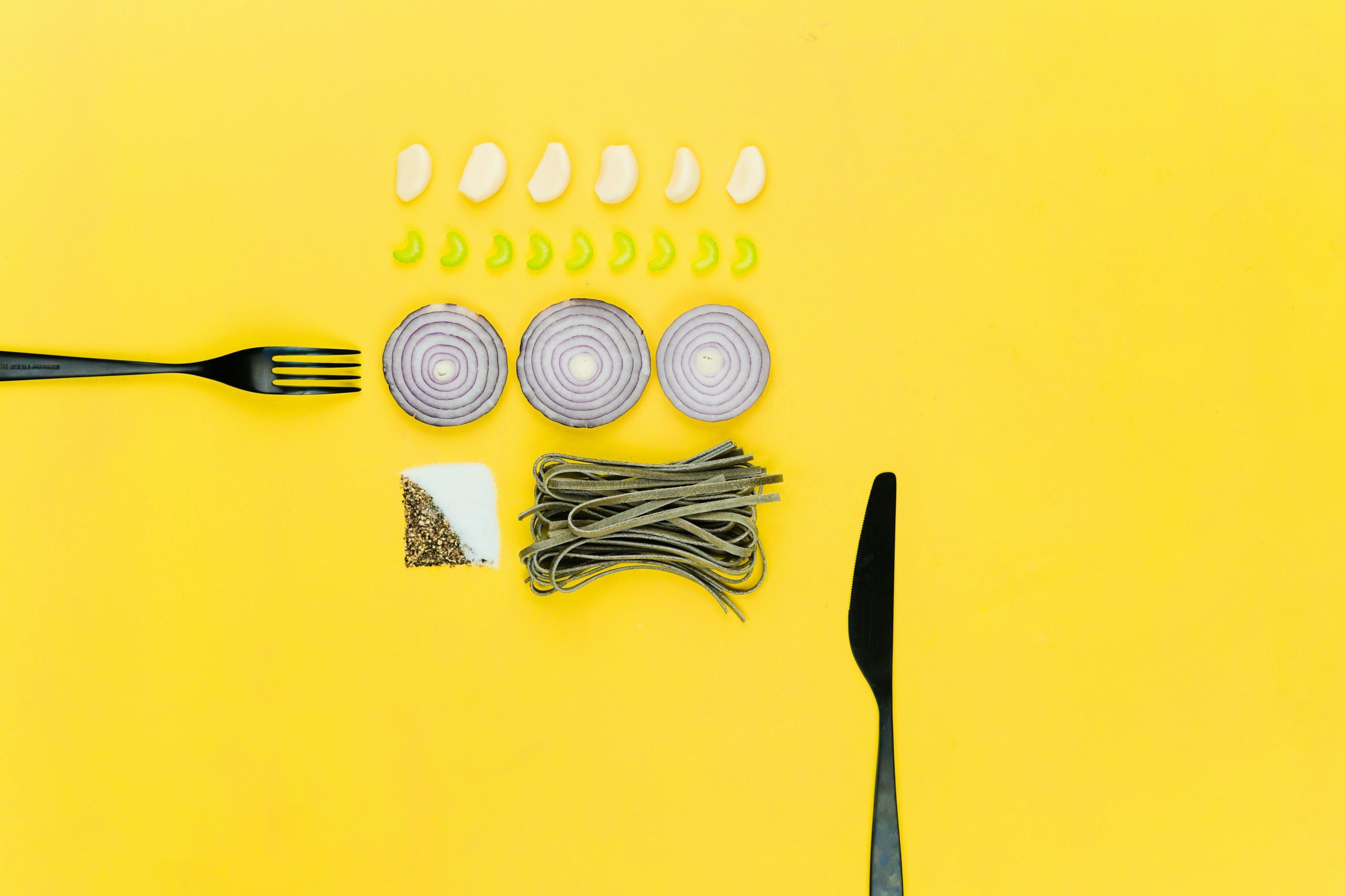Ever wondered how to transform your kitchen from a place of routine meals to a hub of culinary creativity and community connection?
For many, the kitchen represents a daunting space where the monotony of daily cooking overshadows the joy of culinary exploration.
Community cooking classes offer a vibrant solution, inviting individuals of all skill levels to learn, share, and enjoy the process of cooking together.
This guide delves into the diverse courses available, the foundational skills taught, the positive impacts on wellbeing and lifestyle, and the enriching partnerships that make community cooking classes a gateway to culinary and social enrichment.
Mastering the Basics: The Foundation of Community Cooking

At the heart of community cooking classes is a commitment to mastering the basics. These classes lay a solid foundation by teaching essential kitchen skills, from proper knife handling to the basics of a balanced diet. Participants learn through hands-on experience, preparing meals from scratch and understanding the importance of budgeting and shopping skills. This approach ensures that learners can confidently apply their new skills in their daily cooking, making healthier choices and enjoying the process of meal preparation.
What to Expect: Programme Outline of Community Cooking Classes
Enrolling in a community cooking class means embarking on a structured yet flexible learning journey. Typically, classes begin with an introduction and ice-breakers, helping participants feel comfortable and connected. Expectations are set early on, with a focus on practical skills like making soup or understanding healthy eating principles. Sessions usually last around two hours, offering ample time for cooking, learning, and socialising. By the end of the course, participants not only gain valuable cooking skills but also experience the mental health benefits of eating and enjoying food together.
Tackling Food Poverty Through Community Cooking Classes

Community cooking classes have emerged as a beacon of hope in the fight against food poverty, offering more than just cooking lessons. They provide a platform for learning how to prepare healthy meals on a budget, making nutritious cooking accessible to everyone, regardless of their economic status. These classes focus on teaching participants to make the most of low-cost ingredients, transforming them into delicious and nutritious meals that can feed families without breaking the bank.
Beyond mere meal preparation, these classes instil valuable cookery skills and food resource management techniques. Participants learn strategies for minimising food waste, such as quick pickling, using flexible recipes, and proper storage methods to maximise shelf-life. This comprehensive approach not only addresses immediate food insecurity but also promotes sustainable cooking habits that participants can carry forward into their daily lives.
Cooking for Wellbeing: The Healthy Impact of Community Classes
Community cooking classes serve as a nurturing ground for both mental and physical wellbeing. The act of cooking, especially in a group setting, has been shown to have therapeutic effects, offering a sense of accomplishment and boosting self-esteem. Participants engage in a social activity that reduces isolation by fostering connections with others who share similar interests or experiences.
Moreover, these classes promote the consumption of healthy foods, introducing participants to nutritious ingredients and teaching them how to prepare balanced meals. The benefits extend beyond the kitchen, as individuals carry these healthy habits into their everyday lives, leading to improved physical health. The emphasis on plant-based community cookery and other healthy diets supports long-term wellbeing, making these classes a cornerstone in promoting a healthier community.
Positive Lifestyle Changes from Community Cooking Classes
Joining community cooking classes leads to transformative lifestyle changes that go beyond the kitchen. Participants report increased confidence in their cookery skills, motivating them to cook more frequently at home. This shift towards home-cooked meals often results in better dietary choices, as individuals opt for more fruits, vegetables, and whole grains. The classes create a ripple effect, positively impacting the dietary habits of entire families.
The social aspect of these classes cannot be overstated. They provide a unique opportunity to meet new people, build friendships, and share experiences, effectively combating social isolation. Participants find themselves part of a supportive community, encouraging each other to explore new foods and recipes. This enhanced social network is a key factor in sustaining the positive lifestyle changes initiated by the cooking classes, making them a vital tool in promoting both dietary and social wellbeing.
Partnerships Enhancing the Community Cooking Experience
Community cooking classes are more than just a place to learn new recipes; they’re a vibrant hub for culinary and social enrichment. By forming partnerships with local businesses, culinary schools, and food producers, these classes are able to offer a richer, more diverse learning experience. These collaborations not only bring a wide range of fresh, local ingredients to the kitchen but also allow participants to gain insights into the culinary industry through guest speakers and field trips.
These partnerships also play a crucial role in sustaining the programs. For instance, local businesses often sponsor classes, providing essential resources such as kitchen spaces and cooking equipment. Culinary schools may offer expert instructors as part of their community outreach, enhancing the educational value of the courses. Moreover, by connecting with local food producers, classes can include farm-to-table experiences, where participants learn about the importance of supporting local agriculture and the benefits of eating seasonally. This holistic approach not only enriches the curriculum but also strengthens the community’s food ecosystem.
Behind the Scenes: Managing Community Cooking Courses
Managing community cooking courses requires a lot of behind-the-scenes effort, from coordinating with volunteers to securing funding. Volunteer management is key, as passionate individuals play a significant role in delivering the courses, sharing their culinary skills, and engaging participants. Funding often comes from a mix of sources, including local business sponsorships, grants, and participant fees, ensuring the sustainability of these programs. Additionally, strategies to keep participants engaged, such as interactive classes and hands-on cooking sessions, are crucial for the success of these courses.
Resources to Support Your Community Cooking Journey

Community cooking classes go beyond the traditional teaching methods by providing various resources to ensure participants can continue their culinary journey even outside the classroom. Ingredient kits are one popular resource, allowing learners to recreate the dishes they’ve learned about with all necessary components at hand. This ensures that the transition from classroom to home kitchen is seamless, encouraging participants to practice their new skills confidently. Additionally, many programs offer online tutorials that serve as a valuable reference, enabling learners to revisit lessons at their own pace and time.
Another key resource provided is recipe books, which are often tailored to the course’s theme, such as seasonal cooking or healthy eating. These books not only offer a collection of recipes but also tips on cooking techniques, ingredient substitution, and meal planning. These resources collectively support the learner’s journey, making it easier to integrate new cooking habits into their daily lives. By offering these additional supports, community cooking classes ensure that participants have everything they need to explore the culinary world with confidence and creativity.
Collaborative Design: Shaping Your Community Cooking Experience
Collaborative design plays a pivotal role in enhancing the community cooking class experience, transforming it from a mere instructional session into a creative and engaging journey. By inviting participants to contribute their ideas and preferences, classes become a melting pot of culinary innovation. This approach not only fosters a sense of ownership among learners but also encourages the exploration of diverse cuisines and cooking techniques. The inclusion of personal input ensures that every class is unique, reflecting the collective creativity and cultural backgrounds of its participants.
Implementing collaborative design in community cooking classes involves several key strategies:
- Encouraging participants to suggest recipes or themes for upcoming sessions, which can lead to a more personalised and relevant curriculum.
- Forming small groups to brainstorm and execute dishes, thereby promoting teamwork and problem-solving skills.
- Hosting feedback sessions after each class, allowing for continuous improvement and adaptation based on participant input. This participatory approach not only enhances the learning experience but also strengthens the community bond, as members collectively shape their culinary journey.
Elevate Your Culinary Skills with INDULGE’s Exclusive Food Experiences
After honing your culinary skills in community cooking classes, taking the next step with INDULGE’s curated culinary tours and exclusive dining experiences in Zurich can truly elevate your gastronomic journey. These unique offerings allow you to:
- Deepen your understanding of local food history and international cuisine
- Experience hands-on, exclusive Wine & Dine sessions
- Discover famous Swiss specialties and innovative culinary scenes
Whether you’re a food enthusiast looking to expand your culinary horizon or seeking a unique adventure in Zurich, INDULGE’s tours and dining experiences provide an unparalleled opportunity. To explore and book your next culinary journey with INDULGE, visit their website. With INDULGE, you’re not just learning to cook; you’re immersing yourself in a world of culinary excellence and cultural discovery.
Frequently Asked Questions
Are cooking classes a good way to meet people?
Yes, community cooking classes are an excellent way to meet new people. They provide a unique opportunity to build friendships and share experiences with others who have similar interests or experiences, effectively combating social isolation. Participants find themselves part of a supportive community, encouraging each other to explore new foods and recipes.
Where can I learn cooking basics?
Community cooking classes are a great place to learn cooking basics. These classes lay a solid foundation by teaching essential kitchen skills, from proper knife handling to the basics of a balanced diet. Participants learn through hands-on experience, preparing meals from scratch and understanding the importance of budgeting and shopping skills. This approach ensures that learners can confidently apply their new skills in their daily cooking.

